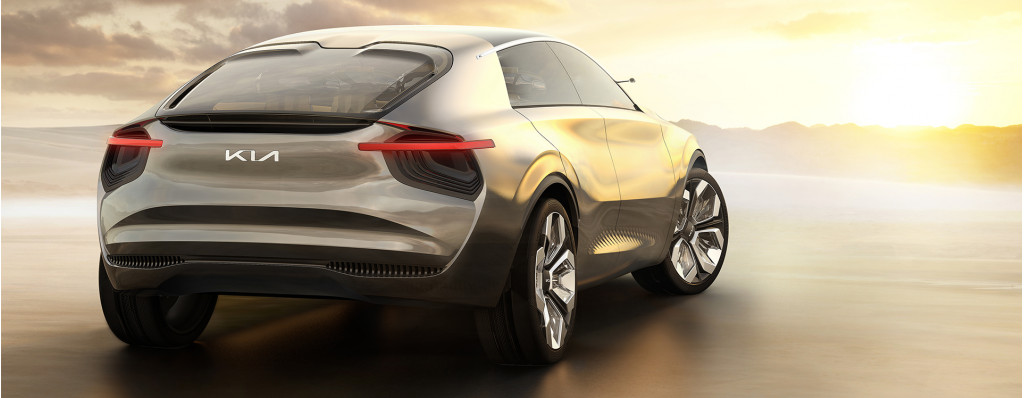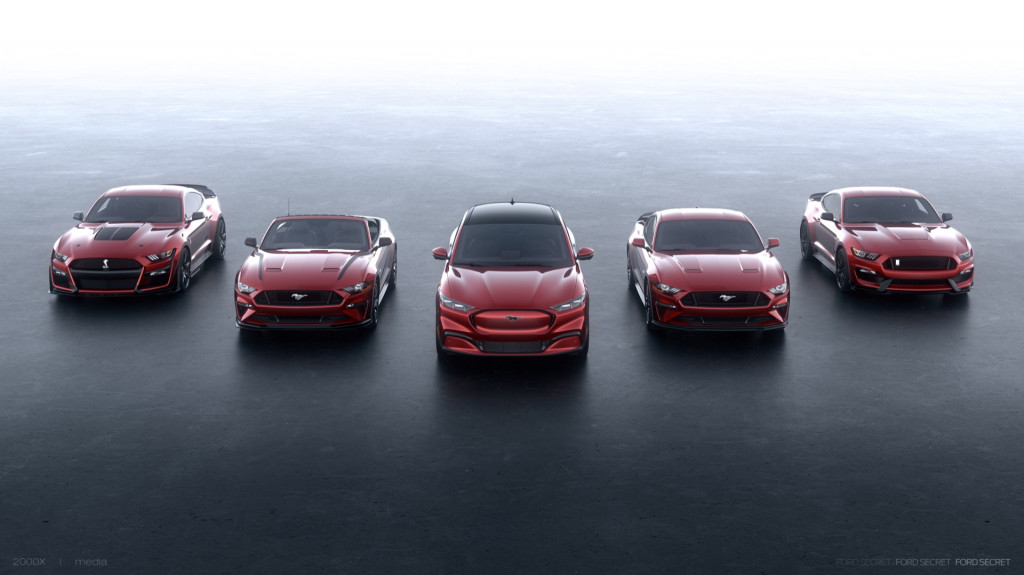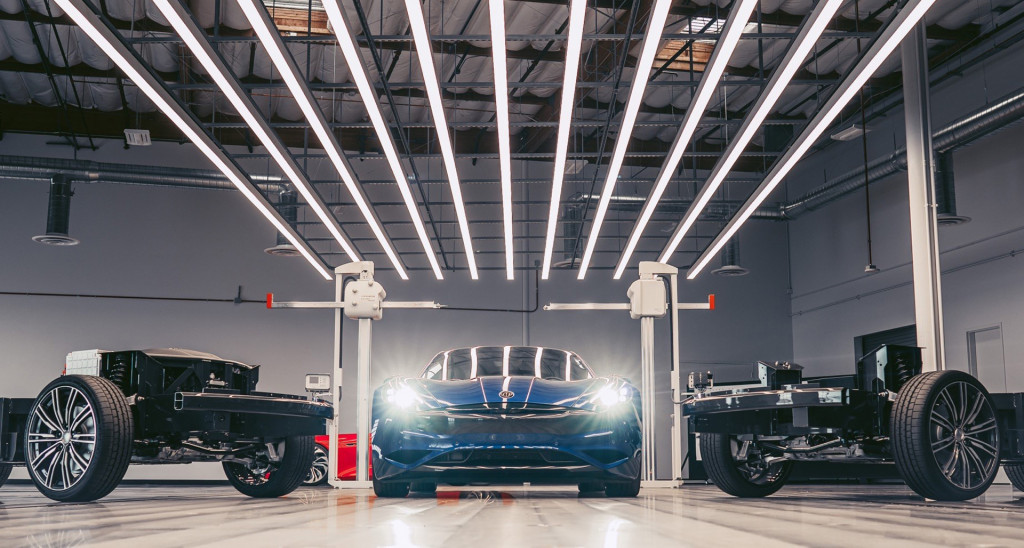Which automaker eliminated its hydrogen fuel-cell program for passenger cars?
And why are green-car deals so few and far between?
This is our look back at the Week In Reverse—right here at Green Car Reports—for the week ending April 24, 2020.
Wednesday was the 50th anniversary of Earth Day. And while the current state of U.S. environmental policy is shaking at the foundation, in the midst of a lung-related pandemic, the bright spots in the green-transportation sector are corporate sustainability reports and above-and-beyond commitments to renewable energy and materials.

Imagine by Kia concept
We ended the news week reporting about Kia’s Plan S, and specifically what it means for the U.S. There’s a completely new electric car from the brand set to arrive by the end of 2021.
At least two Big Oil corporations have committed to net-zero carbon targets—although those targets don’t appear to apply to what’s done with the fuels they produce.
And this was the week when a number of carmakers assessed the impact of the coronavirus pandemic and released product updates. Lordstown Motors announced a one-month delay for first deliveries of its work-oriented Endurance electric pickup. That still pegs it for a January 2021 arrival, many months before GM and Ford and probably before Rivian, which also confirmed a delay earlier this month.

Lucid Air cold-weather dynamic testing
Lucid teased the dynamic performance of its upcoming Air electric sedan with some cold-weather test footage; it also provided an update on how its Arizona assembly plant is coming along.
The Polestar 2 bucked the trend of delays; it’s right on time for the U.S., and set to arrive this summer. Polestar has given it an entry price just under $60,000 for now—with cheaper versions in the somewhat distant future.
Amid cheap gas and dealerships supposedly desperate to make a deal, those deals were unusually hard to find this month in the green-car zone—especially in terms of official discounts.

2021 Ford Mustang Mach-E
Ford already surprised Mustang fans by making its Mach-E electric SUV part of the pony-car family. And while the Mach-E could be delayed somewhat, this week Ford revealed the all-electric Cobra Jet 1400 drag-racer, which might be the quickest factory Mustang of any kind yet.
One other thing that wasn’t as surprising: GM is shutting down Maven, its car-sharing and mobility unit. Was it a casualty of the gig economy amid coronavirus, a muddled mix of good ideas, or a victim of changing priorities at GM? All signs point to some of each.
Jay Leno, for reasons unknown, opted not to air his 2008 drive of the original Tesla Roadster and interview with Elon Musk. It’s a gem.

Aiways CARL robotic charging
In this new, “touchless” norm, is there interest in a robotic charging solution that would charge up, then come and find your car and plug in? That’s what the Chinese startup Aiways recently showcased.
General Motors upped its investment in renewable energy, from Michigan public utility DTE; the move will bring new solar and wind power online and power its headquarters, vehicle development, and several assembly plants with it.
That might not make as much of a difference to GM’s image, though, as what a new poll indicates—that GM’s choice to oppose California’s emissions rights could be costing it in customer loyalty, regardless of political affiliations.

Land Rover Discovery Sport plug-in hybrid
Land Rover is downsizing the engine and upsizing the battery for its latest plug-in hybrids, but so far those aren’t headed to the U.S.
Porsche has made it official—well, almost—that there’s a rear-wheel drive version of the Taycan electric car in the works.
And the Karma Revero GTE circles back toward its once-maybe rival, the Tesla Model S, by dropping the gasoline range extender and potentially offering up to 400 miles of all-electric range. Would it make this Fisker concoction more competitive today?

Teaser for Karma Revero GTE due in spring 2021
Finally, hydrogen fuel-cell technology is undergoing a big shift—to larger trucks and commercial applications. And there was no better illustration of that than Daimler’s move this week to commit (jointly with Volvo) to a $1.2 billion fuel-cell venture for commercial trucks while also suspending fuel-cell R&D for passenger cars. Yup, that means discontinuing the F-Cell, which never arrived in the U.S.
_______________________________________
